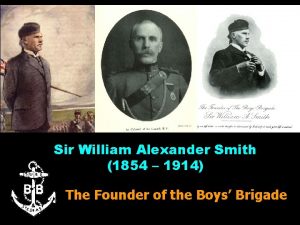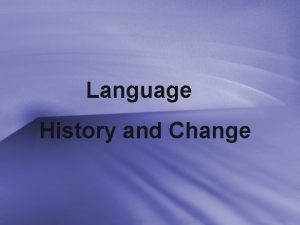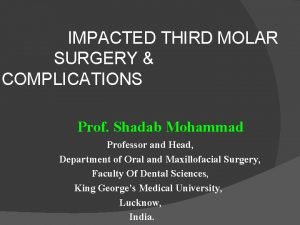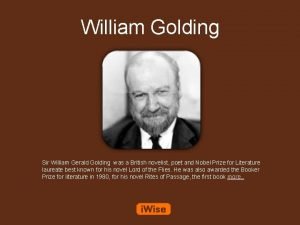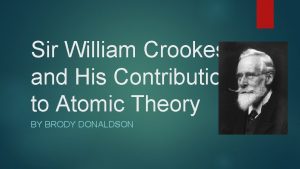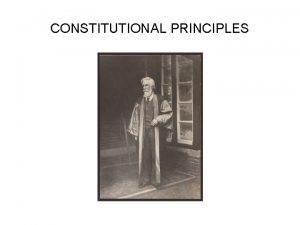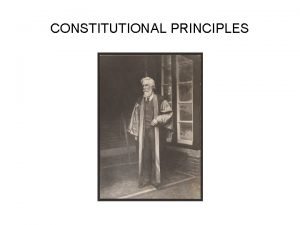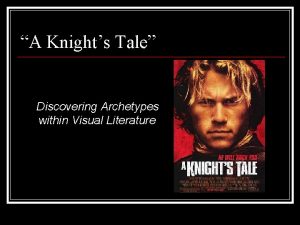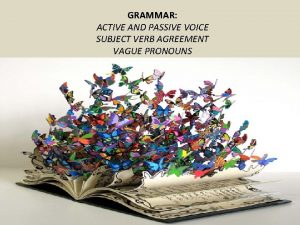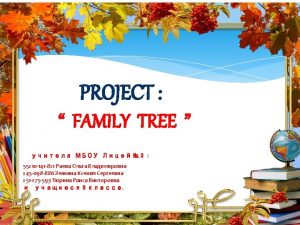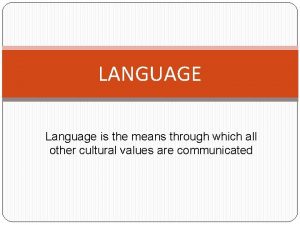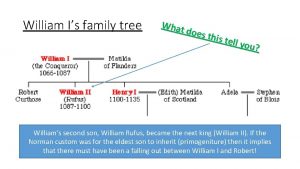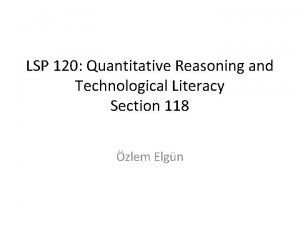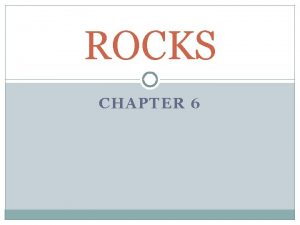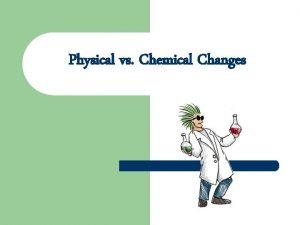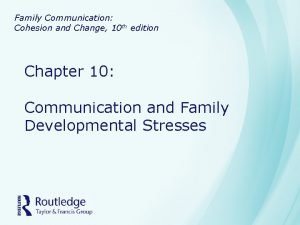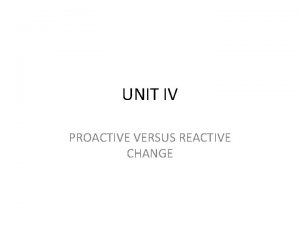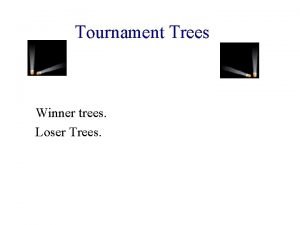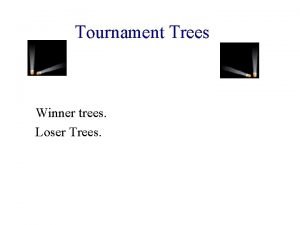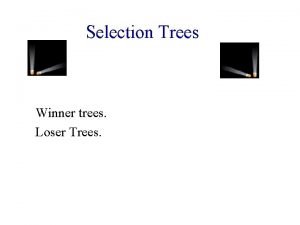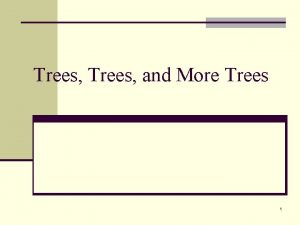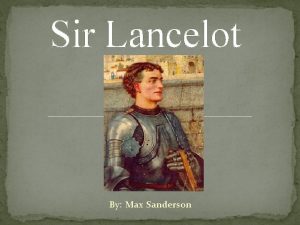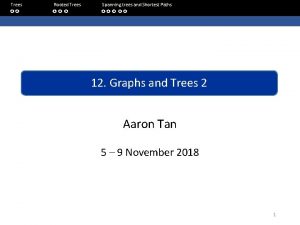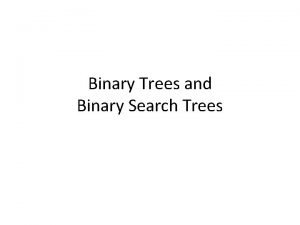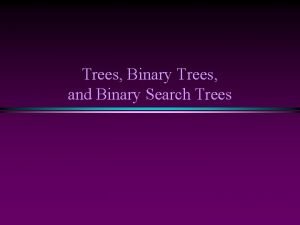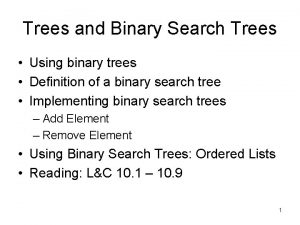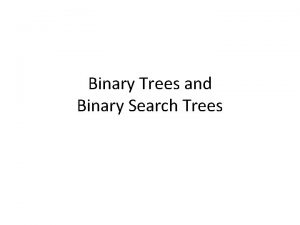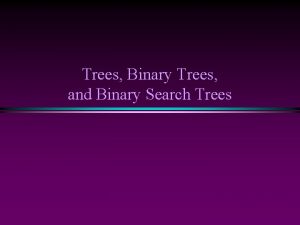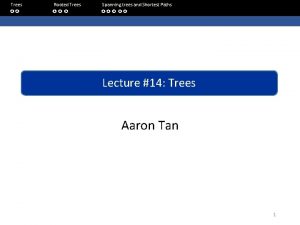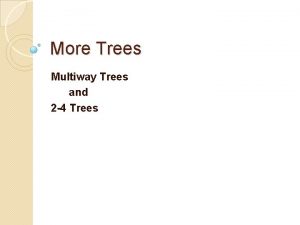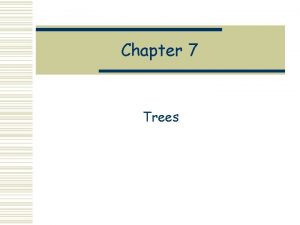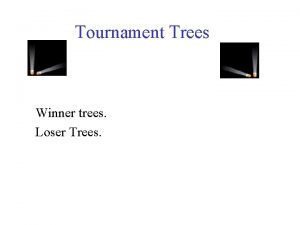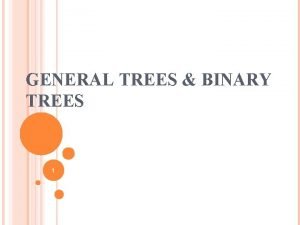Language History and Change Family Trees Sir William




































- Slides: 36

Language History and Change

Family Trees

Sir William Jones

Sir William Jones suggested that a number of languages from very different geographical areas must have some in common.




Family Connections Sanskirt Latin Greek pitar pater ( father ) bhratar frater phrater ( brother )

Cognates A cognate of a word in one language is a word in another language that has similar form and is or was used with a similar meaning, as father , mother , friend, brother ( English ) vater , mutter, freund , bruder ( German )

Comparative Reconstruction It is a procedure that is used to reconstruct the original ( proto ) form in the common ancestral language. There are two principles : - majority principle - most natural development principle

Sound Reconstruction Italian Spanish French cantare cantar chanter ( sing ) catena cadena chaine ( chain ) cavallo caballo cheval ( horse )

Word Reconstruction mube mup ----- ( stream ) abadi abati apat ----- ( rock ) agana akan ----- ( knife ) enugu enuk ----- ( diamond )

Language Change It is variation over time in a language's phonetic, morphological, semantic, syntactic , and other features.

Causes of language change - Economy - Analogy - Language contact - The medium of communication - Cultural environment - Migration / Movement - Invasion / colonialism

Old English ( Anglo-Saxon ) English language comes from the Germanic languages spoken by three tribes from northern Europe in the fifth century ; Angles , Saxons and Jutes. In eighth to tenth centuries , the language ( Old Norse ) of Viking who settled in the coastal regions of Britain was the fourth source for English.

Anglo-Saxon refers to the period of the history of the part of Great Britain that became known as England. Anglo-Saxon is a general term referring to the Germanic peoples who came to Britain during the 5 th and 6 th centuries, including Angles, Saxons, Frisii and Jutes. The term also refers to the language spoken at the time in England, which is now called Old English.







Middle English The event that marks the end of the Old English period and the beginning of the Middle English period is the arrival of the Norman French in England their victory at Hastings under William the Conqueror in 1066.





French became the language of nobility , the government, the law and civilized life in England. The language of peasants remained English. The peasants worked on the land reared sheep, cows and swine.

Sound Changes Some changes occurred from Middle to Modern English. Some sounds disappeared resulting in the ‘silent letters’. Word initial velar stop / K / and / g / are not pronounced before / n /.

Metathesis reversal in position of two sounds in a word , frist first hros horse Epenthesis addition of a sound to the middle of a word, spinel spindle timr timber Prothesis addition of a sound to the beginning of a word, schola escuela

Syntactic Changes that involve differences between the structure of sentences in Old and Modern English. - The subject may follow the verb or the object could be placed before the verb in Old English. - Double negation was possible in Old English. - Loss of a large number of inflectional affixes from many parts of speech.

Semantic Changes - Borrowing Arts (e. g. concerto, allegro, tempo, aria, opera, soprano) are borrowed from Italian and ‘ballet’ from French. Business - English exports English terms to other languages in business and technology (examples le meeting to French). Philosophy - derive from Greek dominance in philosophy, mathematics, linguistics, economic theory. Examples include democracy, theory and so on.

Religion - religions may carry with them a large number of technical terms from the language of the originating culture. For example: Arabic (Islam) - Arabic words like hijab Greek (Christianity) - Likewise Greek words like baptisma have entered many languages as baptism or similar. Hebrew (Judaism) - Some terms in the Hebrew Bible have been carried into other languages due to being borrowed rather than translated in Bible translations. has ( שבת For example Hebrew shabbat ("day of rest" been borrowed into most languages in the world: in Greek the word is Σάββατο; Latin sabbato; Spanish sábado; and in English Sabbath.

Latin (Catholicism) - Latin words like missa and communio have entered English as mass and communion. Sanskrit (Hinduism) - words like guru (teacher) Science (Latin) - medicine (itself a Latin loanword) uses a large vocabulary of Latin terms (sternum, appendix), as a result of medieval advances in medical science being conducted in Latin - even if some of the earliest Latin medical texts were translations from Greek and Arabic.

Broadening The process by which the meaning of a word becomes broader or more inclusive than its earlier meaning. Also known as generalization or extension. ‘holy day’ is nowadays used to refer to ‘holiday’ or any general break from work.

narrowing takes place when a word comes to refer to only part of the original meaning. The history of the word hound in English neatly illustrates this process. It was the generic word for any kind of dog at all. In German, where the word Hund simply means 'dog. ' Over the centuries, however, the meaning of hund in English has become restricted to just those dogs used to chase. Example - wife’ could be used to refer to any woman .
 History of sir william alexander smith
History of sir william alexander smith Language family trees
Language family trees Impacted molar surgery
Impacted molar surgery William golding childhood
William golding childhood Sir william crookes atomic model
Sir william crookes atomic model Sir william wade
Sir william wade Sir william atkinson
Sir william atkinson Trephination in dentistry
Trephination in dentistry Sir william wade
Sir william wade Sir william thatcher
Sir william thatcher Vague noun
Vague noun Greek monster family tree
Greek monster family tree Family of trees
Family of trees A level english language language change
A level english language language change Language trees
Language trees Personification candle examples
Personification candle examples William shakespeare family tree
William shakespeare family tree William williams family tree
William williams family tree Julius caesar family tree
Julius caesar family tree Examples of physical changes
Examples of physical changes Absolute change and relative change formula
Absolute change and relative change formula Difference between physical change and chemical change
Difference between physical change and chemical change Supply and demand curve shifts
Supply and demand curve shifts Physical vs chemical change examples
Physical vs chemical change examples Rocks change due to temperature and pressure change
Rocks change due to temperature and pressure change Whats the difference between chemical and physical change
Whats the difference between chemical and physical change First-order change
First-order change Family communication cohesion and change
Family communication cohesion and change Conjugal family
Conjugal family Ward temple and family history leader
Ward temple and family history leader Is mashing potatoes a chemical change
Is mashing potatoes a chemical change Definition of integer
Definition of integer Decrease in supply vs decrease in quantity supplied
Decrease in supply vs decrease in quantity supplied Enagic comp plan
Enagic comp plan Proactive and reactive change
Proactive and reactive change Spare change physical versus chemical change
Spare change physical versus chemical change How does a physical change differ from a chemical change? *
How does a physical change differ from a chemical change? *
